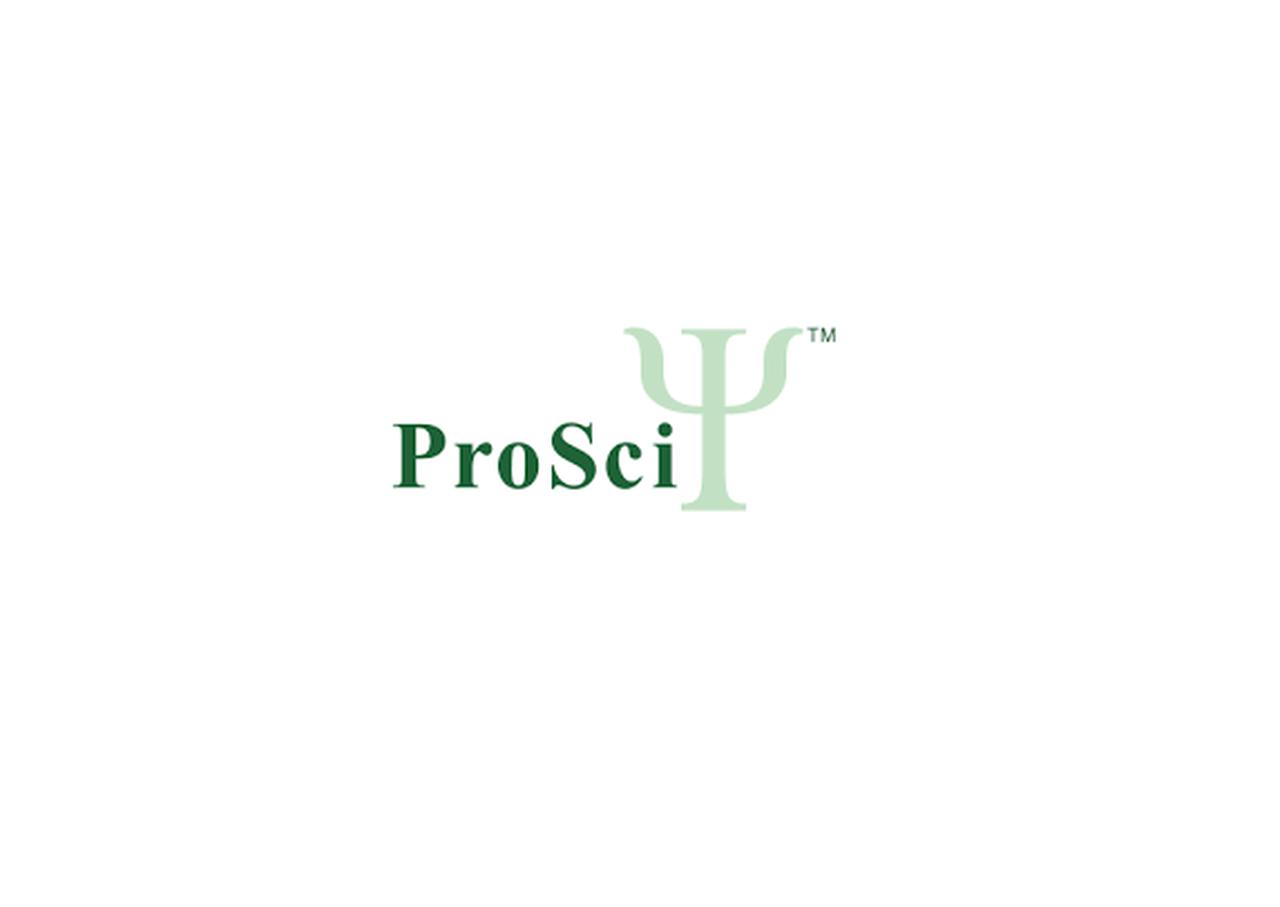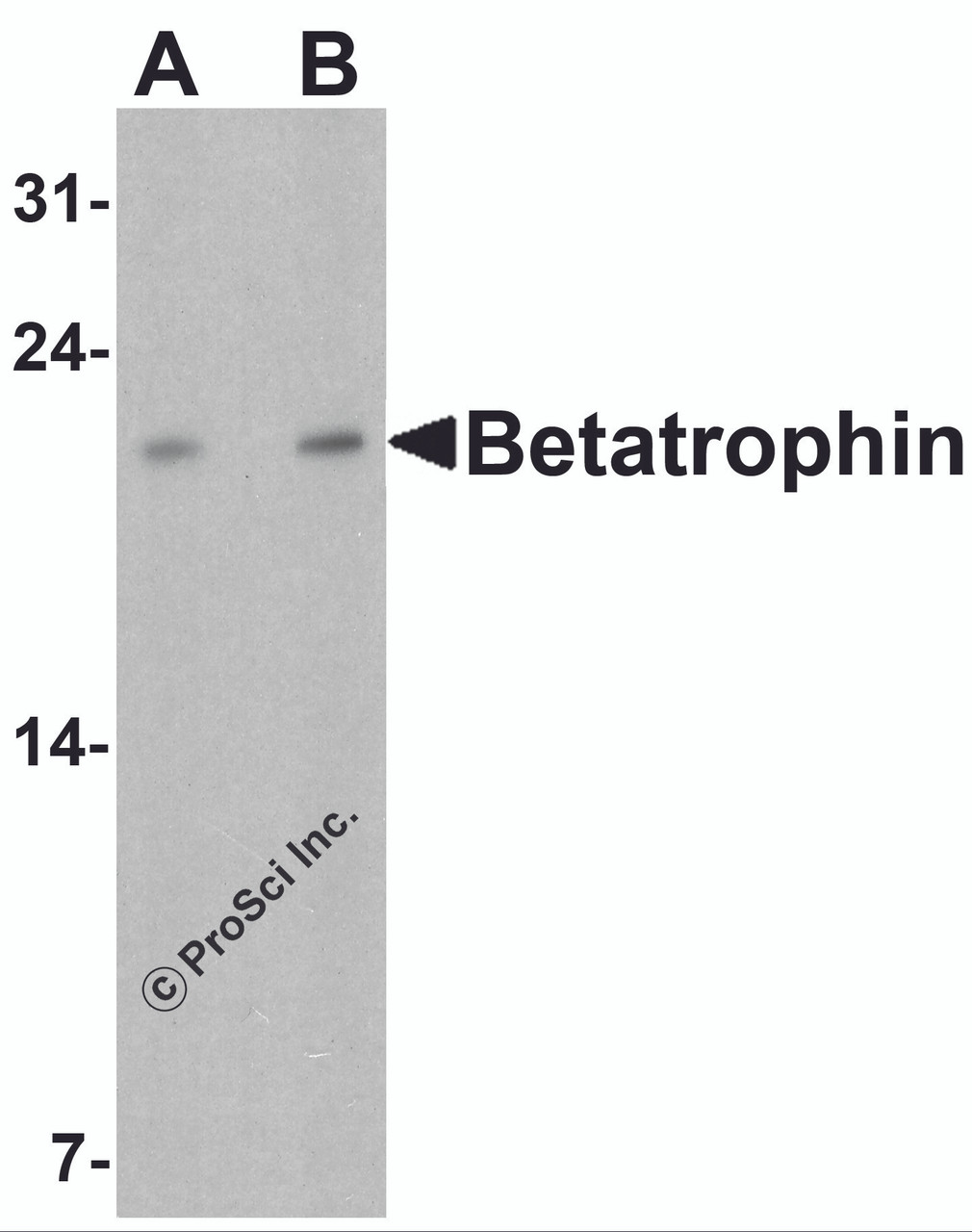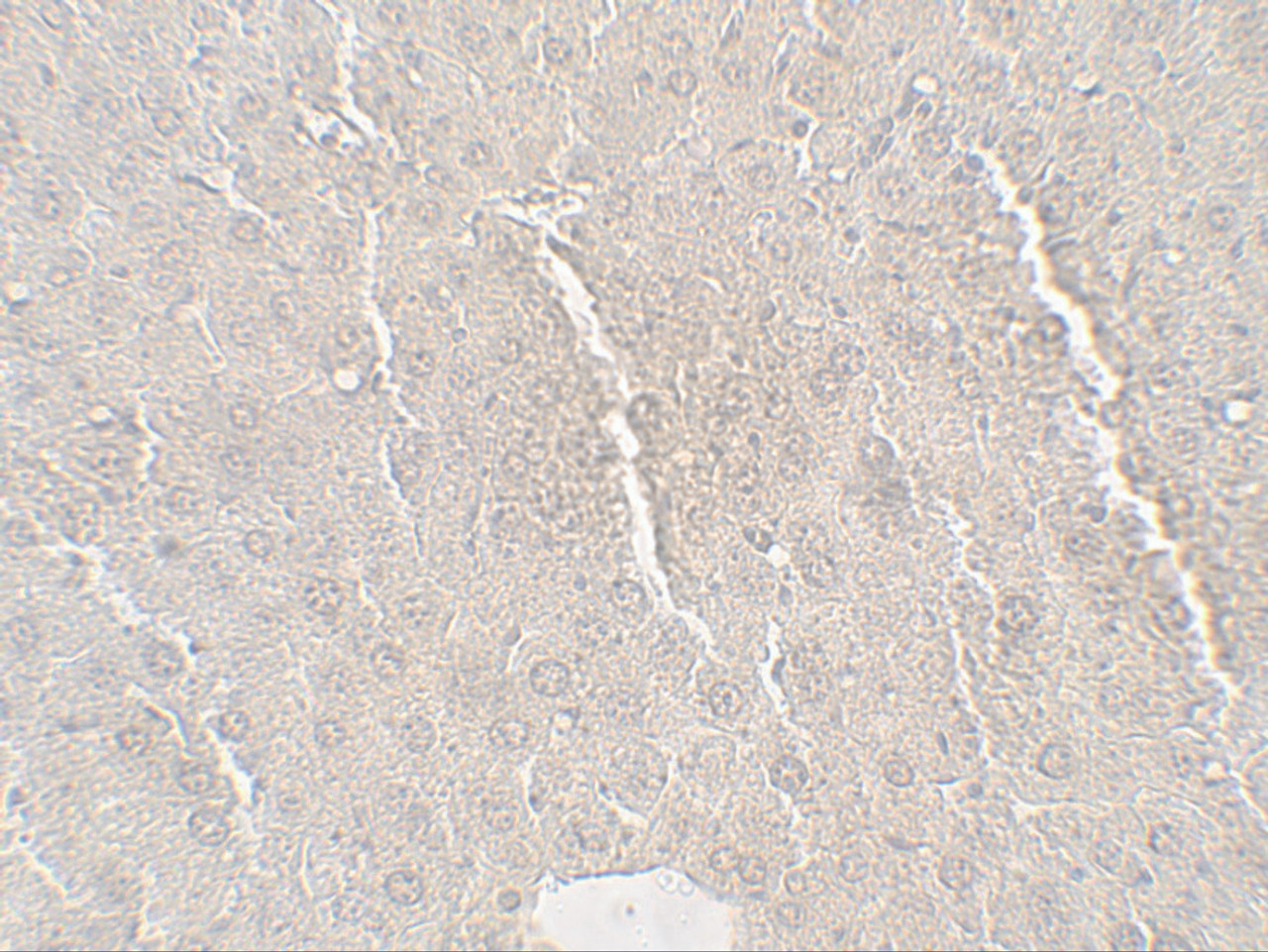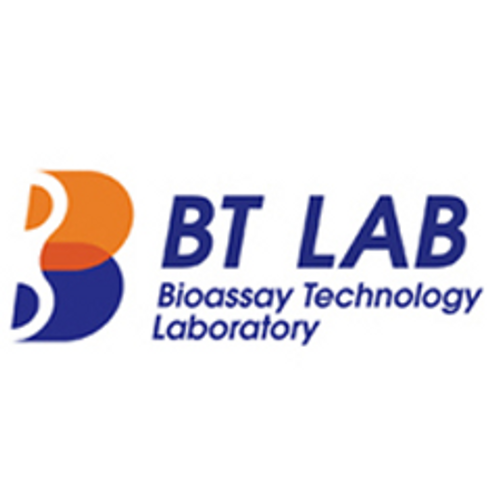Product Description
Betatrophin Antibody | 7619 | ProSci
Host: Rabbit
Reactivity: Human, Mouse, Rat
Homology: N/A
Immunogen: Betatrophin antibody was raised against a 16 amino acid peptide near the amino terminus of human Betatrophin.
The immunogen is located within amino acids 40 - 90 of Betatrophin.
Research Area: Obesity
Tested Application: E, WB, IHC-P, IF
Application: Betatrophin antibody can be used for detection of Betatrophin by Western blot at 1 - 2 μg/ml. Antibody can also be used for Immunohistochemistry starting at 5 μg/mL. For immunofluorescence start at 20 μg/mL.
Antibody validated: Western Blot in rat samples; Immunohistochemistry in mouse and rat samples and Immunofluorescence in rat samples. All other applications and species not yet tested.
Specificiy: Betatrophin antibody is human, mouse and rat reactive. At least three isoforms of Betatrophin are known to exist; this antibody will detect the two largest isoforms.
Positive Control 1: Cat. No. 1464 - Rat Liver Tissue Lysate
Positive Control 2: N/A
Positive Control 3: N/A
Positive Control 4: N/A
Positive Control 5: N/A
Positive Control 6: N/A
Molecular Weight: Predicted: 22 kDa
Observed: 22 kDa
Validation: N/A
Isoform: N/A
Purification: Betatrophin antibody is affinity chromatography purified via peptide column.
Clonality: Polyclonal
Clone: N/A
Isotype: IgG
Conjugate: Unconjugated
Physical State: Liquid
Buffer: Betatrophin antibody is supplied in PBS containing 0.02% sodium azide.
Concentration: 1 mg/mL
Storage Condition: Betatrophin antibody can be stored at 4˚C for three months and -20˚C, stable for up to one year.
Alternate Name: Betatrophin Antibody: RIFL, TD26, ANGPTL8, PRO1185, PVPA599, Angptl8, UNQ599/PRO1185, Betatrophin, Angiopoietin-like protein 8
User Note: Optimal dilutions for each application to be determined by the researcher.
BACKGROUND: The Betatrophin protein, also known as the hepatocellular carcinoma-associated protein TD26, is an adipocyte- and liver-enriched insulin targeted gene that is thought to play a role in lipid metabolism be regulating serum triglyceride levels (1, 2) . Betatrophin is closely related to the angiopoietin-like (ANGPTL) protein family. Betatrophin mRNA increases in the cold environment and after treatment with a high-fat diet, while its mRNA levels decrease in response to fasting, suggesting that it may play a role in mediating thermogenesis and energy homeostasis (3) .
 Euro
Euro
 USD
USD
 British Pound
British Pound
 NULL
NULL












